This April, I returned to Ho Chi Minh City, wandered through some old streets and remembered Saigon when I was a student from the Central region who stayed to study.
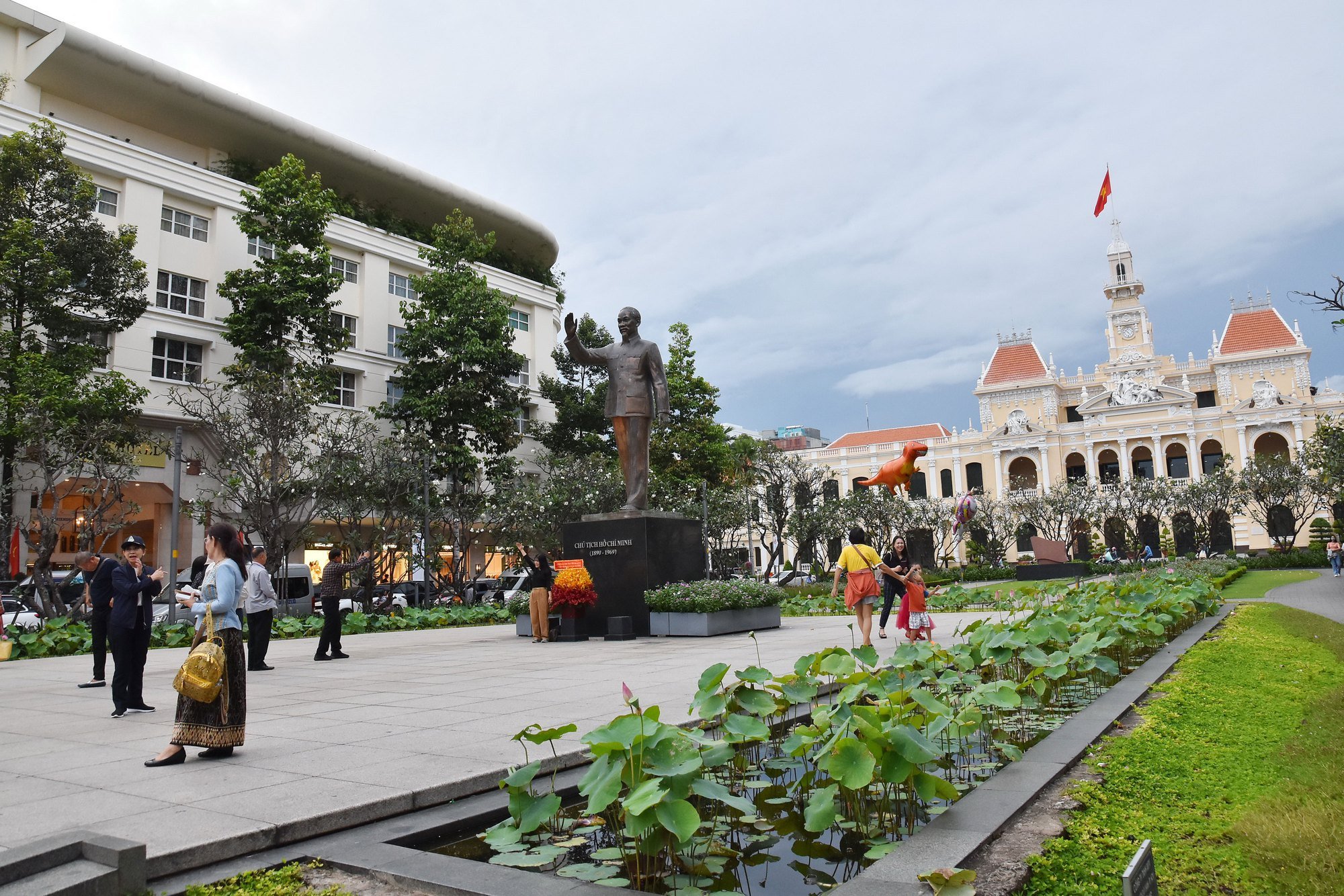
48 years after liberation, Ho Chi Minh City has become the development locomotive of the whole country. Photo: TAN THANH
***
Morning of April 8, 1975. On my way from my boarding house to the Law School after returning to Saigon from Da Lat, I heard many people bustling: "It seems that the Independence Palace was bombed!".
I stopped my motorbike and looked towards Hong Thap Tu Street (now Nguyen Thi Minh Khai). A column of smoke was rising. Then came the sound of sirens and the appearance of police cars, prohibiting all movement in that direction.
I found my way to the Le Van Duyet intersection (now Democracy Square) and saw people gathering in groups of three or five, chatting. They were dispersed by the military police and immediately went into the alley.
"It's clear that the Independence Palace was bombed, but who bombed it? The coup or the Viet Cong? The F5 aircraft of the Republic of Vietnam (RVN) cannot be Viet Cong" - a soldier still wearing an air force uniform, who rented a house in my neighborhood, wondered.
That night, I turned on the TV to listen to the news, then the next morning I stopped by the newsstand to read, only to find out that the bombing was "rebellious" by a VNCH pilot lieutenant. The bombing only destroyed a few buildings in the palace...
Southern politics and the battlefield had many changes since March 1975. The Liberation Army controlled Hue, Da Nang, and Chu Lai after winning victories in the Central Highlands.
My aunt's family in Buon Ma Thuot and my family in Da Nang were both out of contact. Students living far away from home like us, who had to live on monthly remittances from our families, were now almost hopeless. Some of us started pawning our cassette players and motorbikes.
The landlady knew our situation and did not ask us to pay as usual. Hearing that there was an organization going to schools to help students in the Central region, my friends immediately brought their student cards to the school to register.
I had two friends from my hometown, Q. and T., who failed their baccalaureate exams and were "mobilized" to Thu Duc and the front lines in the West. Suddenly Q. and T. appeared in our boarding house on April 20, 1975. They deserted. We found civilian clothes for them to wear and did not let them go out, for fear of being arrested by the military police.
***
In mid-April 1975, my classmates and I were taken to a center in Vung Tau, which was in charge of receiving people from the Central region by boat. How many people were in the family, were there any elderly or children; where were they from, which commune, district, province; who was the representative... - we filled out the declaration form and then transferred them to the housing areas according to the diagram.
My purpose was quite clear: I wanted to find someone from my hometown to ask about my family, to ask about how Da Nang was now after more than half a month of liberation. But I didn't meet anyone, and I didn't have any news.
On the afternoon of April 21, I heard that the liberation army attacked the Xuan Loc defense line, an important defensive gateway of the ARVN.
In Vung Tau, marines, transported by naval ship from Da Nang, lay around waiting for military vehicles to pick them up. The atmosphere of war had spread to the closest tourist city to Saigon!
That night, we students stayed up all night, sitting and listening to the situation. Bombs and shells from Xuan Loc were rumbling, lighting up a corner of the sky, only a few dozen kilometers away. Several relief groups discussed waiting until morning to return to Saigon immediately.
The next morning, the relief teams left very early, and some of my friends asked to follow. The student group automatically disbanded. I and many other students took the bus (which was already packed) to Saigon - where our friends and lovers were waiting and worried.
A friend of mine, from Phan Rang, fell off his bike and died. Vung Tau started to panic from that moment.
I arrived at my boarding house in Saigon when it was almost dark. The students were anxiously waiting for me to return, very happy. The two deserters were still in my boarding house, looking worried. One of them said: "This is over!"
Also on the night Xuan Loc fell, President Nguyen Van Thieu went on TV to read a long speech, cursing the US for not keeping its promises, cutting aid, causing the ARVN to lack weapons and lose morale... He asked to resign "to go to the front", handing over power to the vice president.
The night President Nguyen Van Thieu resigned, Saigon tightened the curfew. My classmate who was staying in Phu Lam was stopped by military police when he was cycling home at 10pm. They searched him all over, checked his student ID, then let him go, and told him: "Stay inside at night. If you go out again, we'll arrest you!"
The two deserters did not stay in the house for long. One morning, as soon as they stepped out onto the street to get a cup of coffee, a military police jeep came, checked their papers, and dragged them into the car. They were taken to Phu Lam prison for desertion. I only had time to give them a few sets of clothes and personal belongings. When I arrived at Phu Lam prison, I was not allowed to meet them, only sent them a visitation package.
***
Saigon changed rapidly. From Tran Van Huong to Duong Van Minh became president. Many students and opposition politicians were released.
We, the students, were staying at a boarding house near the Saigon Military Region, afraid of bombs and stray bullets. We were planning to move when a doctor came by on the afternoon of April 28 and gave us a bag of rice and a few bottles of fish sauce. He told us not to leave the house because the situation was very tense.
On the night of April 28 and 29, it seemed that the liberation army was approaching Saigon. Anti-aircraft shells exploded loudly in Gia Dinh. We called a taxi, loaded with books, and drove to Co Giang apartment building - where my aunt lived on the ground floor. "Even if there were bombs, the ground floor would be safe" - I reassured my friends.
On the way, I saw many people bustling around breaking into the buildings that the Americans had just vacated. The American, British, and French embassies on the road leading to the Independence Palace were crowded with people. Several helicopters were hovering over the center of Saigon. It seemed that the American evacuation order had been given.
We stayed at home, but on the evening of April 29, a group of soldiers came to check us, guns in hand, very scary. At the last minute, Saigon was very tense. Wealthy families and famous people were busy packing and evacuating. Some people seemed confused, especially families with children who had just escaped from the army.
At 11:00 on April 30, 1975, Nguyen Huu Tung - now a famous doctor - and I cycled toward Thong Nhat Street (now Le Duan) because we heard that tanks and troops were about to enter. Passing by the TV station, we witnessed the warehouse being broken into, and each of us was given a bottle of wine, supposedly to celebrate.
There were explosions and a small fire on Thi Nghe bridge. A jeep in the lead honked loudly and two armored vehicles drove in. The soldiers sitting in the vehicles raised their guns and cheered.
We cycled with a large group of people, and when we reached the park in front of the Independence Palace, we saw that the gate had been destroyed by tanks. The soldiers began to spread out onto Cong Ly Street (today’s Nam Ky Khoi Nghia) and under the park’s trees. It was 12 noon on April 30, 1975.
Tung and I cycled back. Saigon was deserted, with only a few military vehicles passing us. On both sides of the road, clothes, boots, and military backpacks left behind by ARVN soldiers were strewn about. Some soldiers wore only pants and were barefoot; some were walking unsteadily...
I said to Tung: "We are going back to our hometown soon."
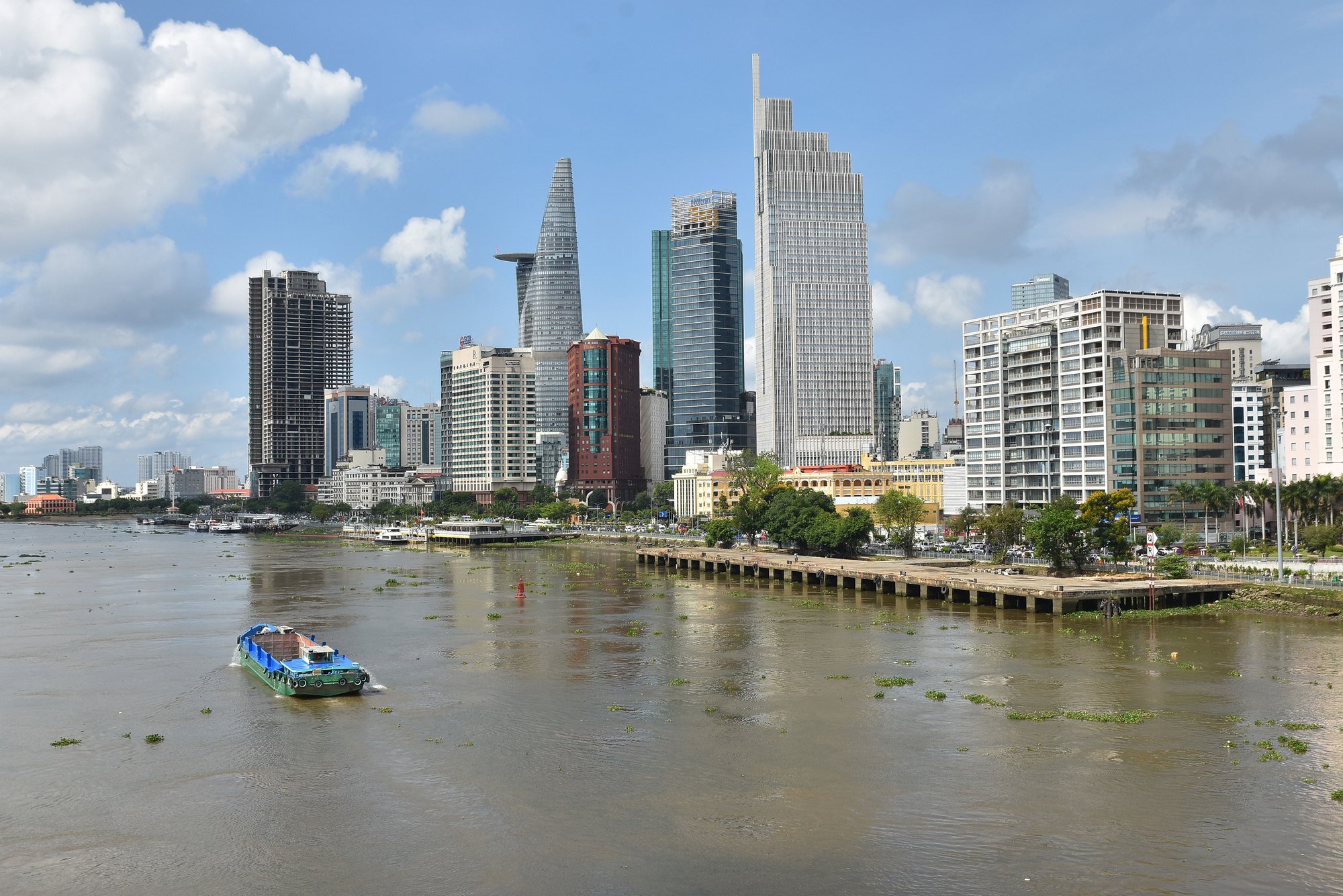
Ho Chi Minh City is increasingly modern, with bustling streets and many high-rise buildings. Photo: TAN THANH
The day Nguyen Van Thieu resigned as president of the Republic of Vietnam, the air force soldier in my boarding house, wearing only his military uniform pants, ran out to the alley entrance swearing.
Meanwhile, a college friend of mine suddenly sang a few vọng cổ verses by composer Viễn Châu. I intended to ask him what he meant by singing at that moment but forgot. Later, my friend was still in Saigon and then fell ill and passed away. He played the flute very well, knew many vọng cổ verses by Út Trà Ôn and rarely discussed current events.
Source


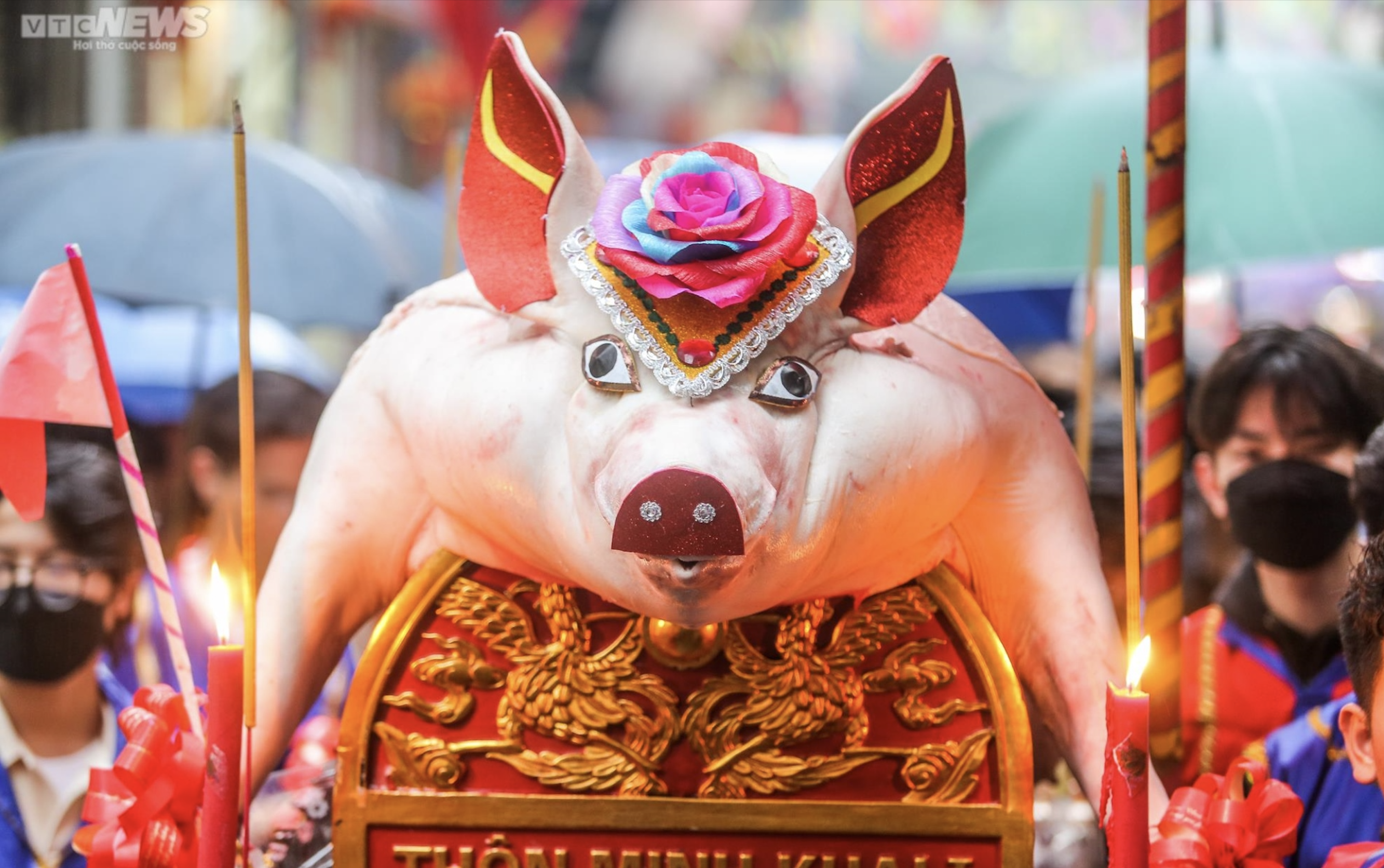

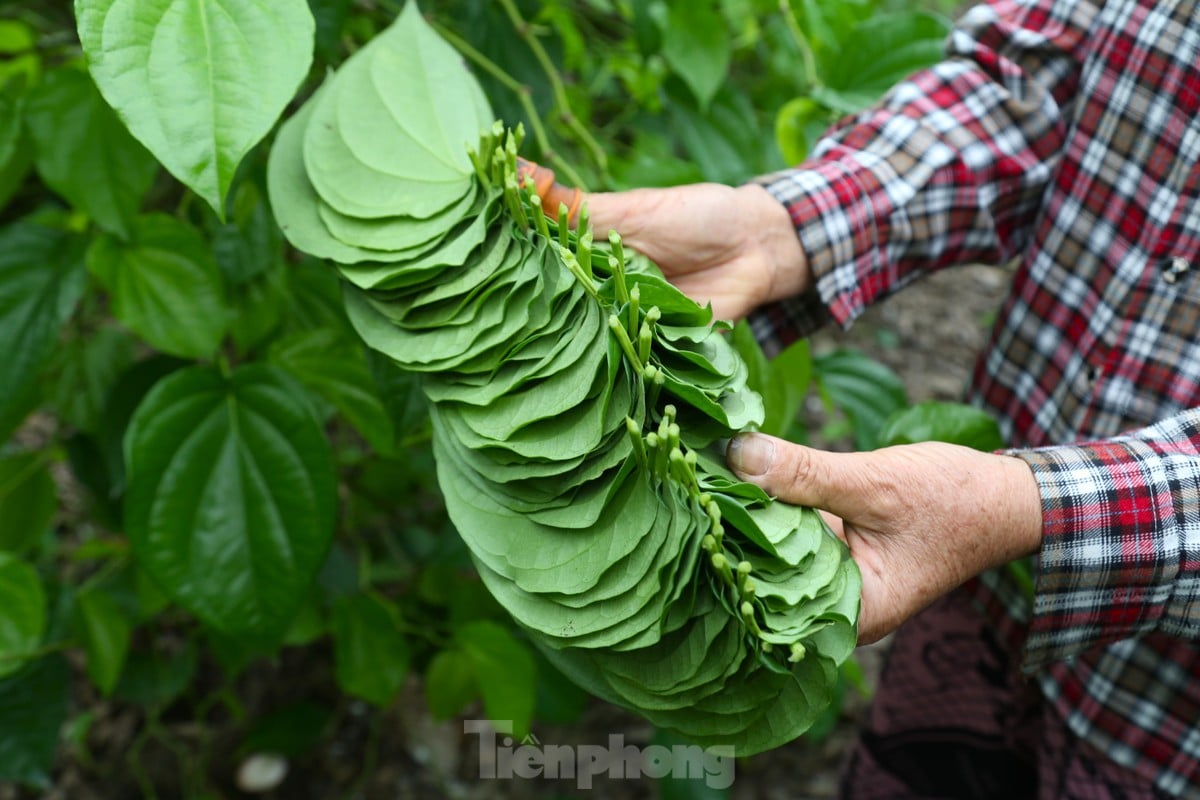

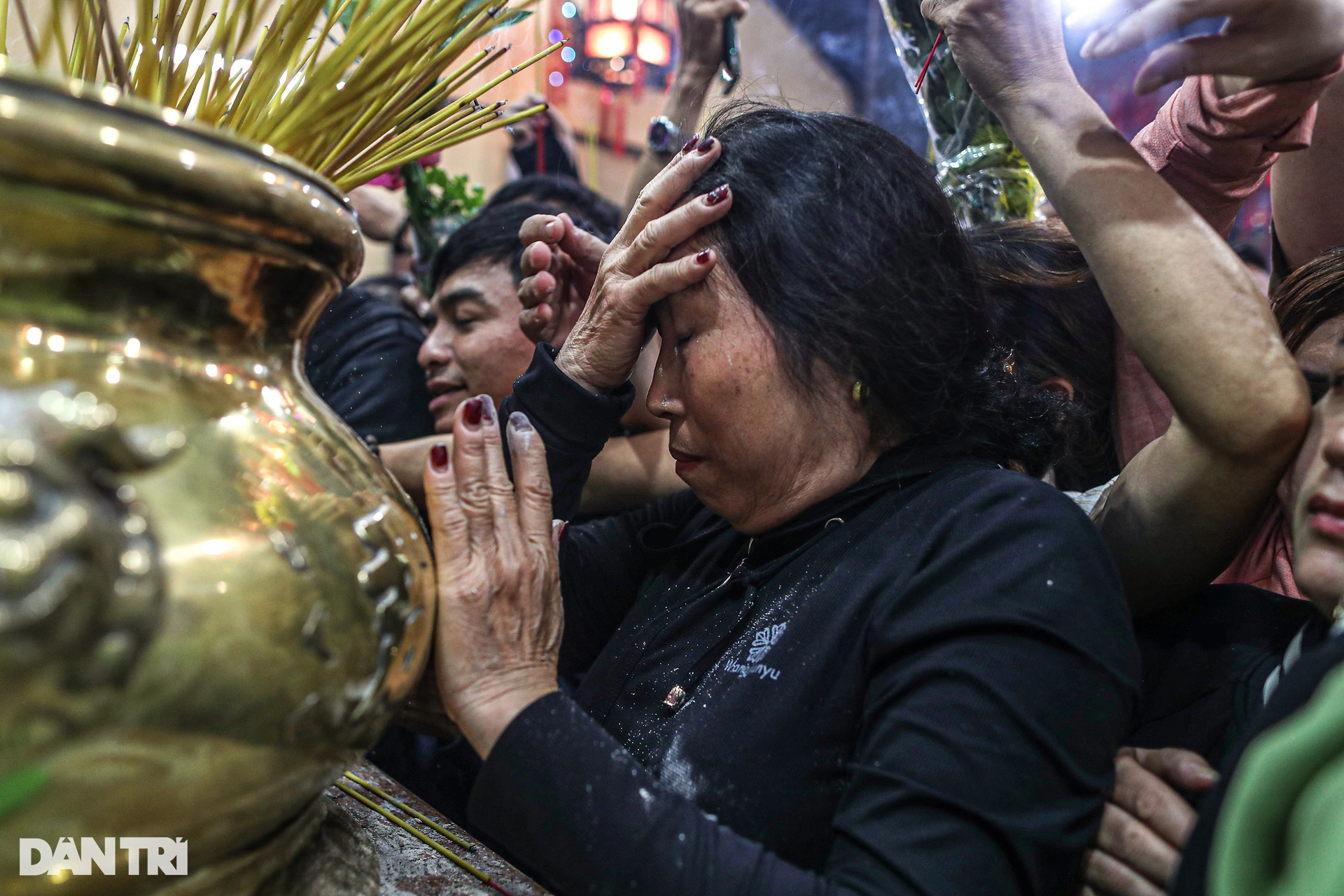

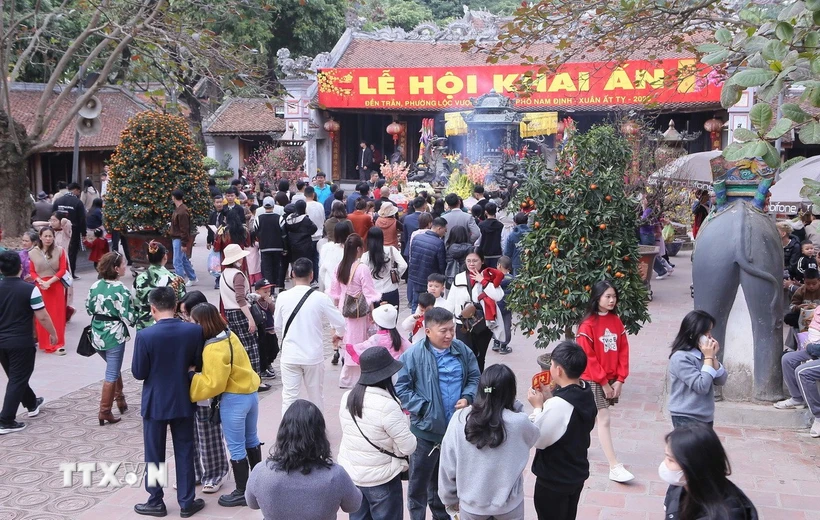
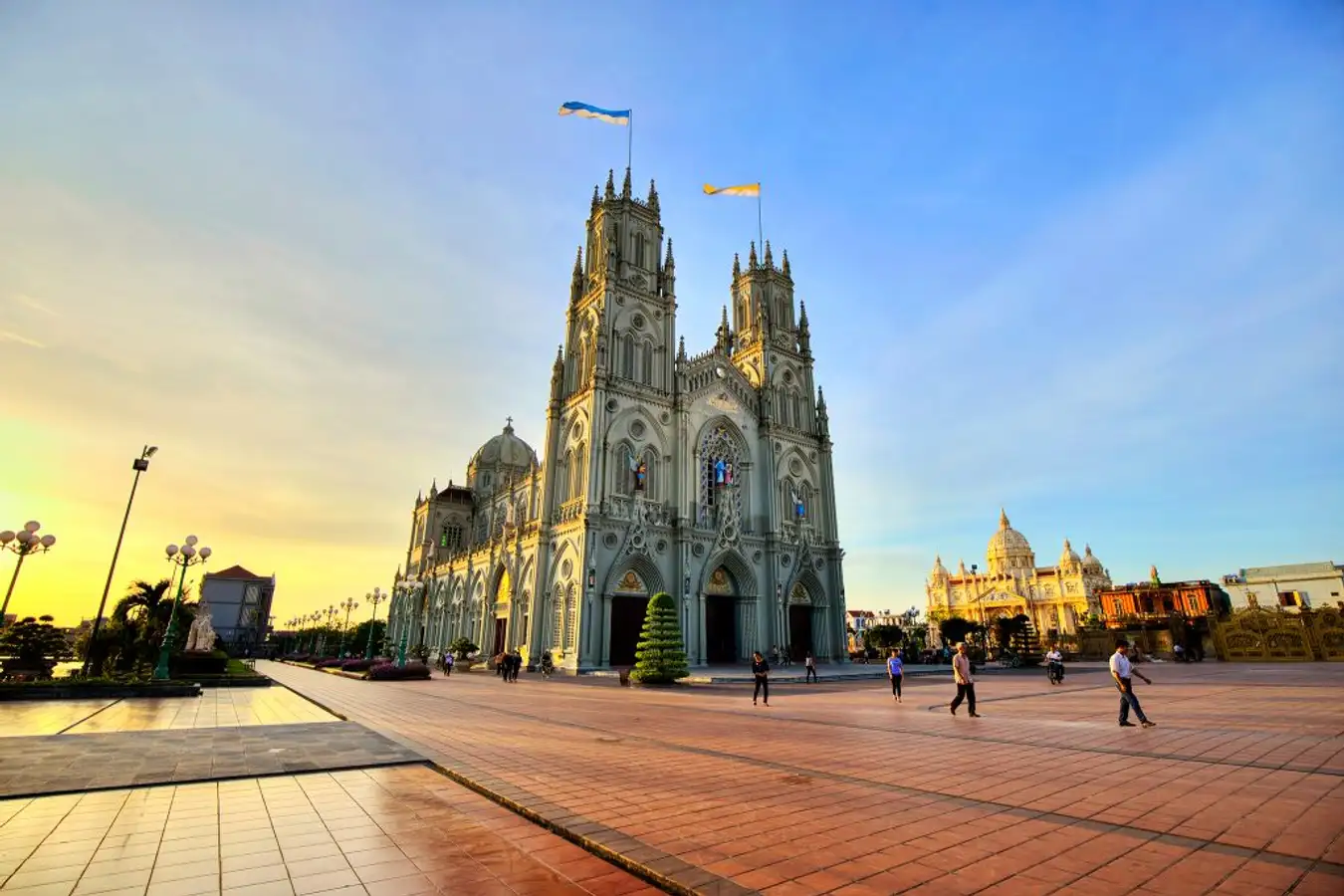





















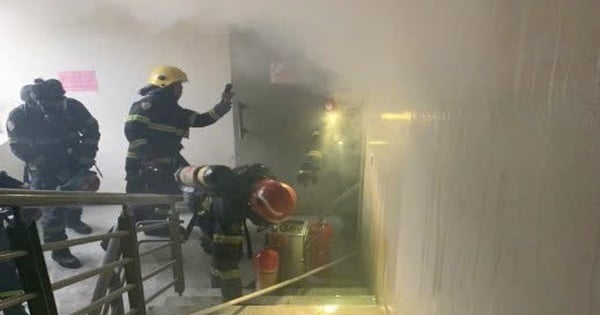
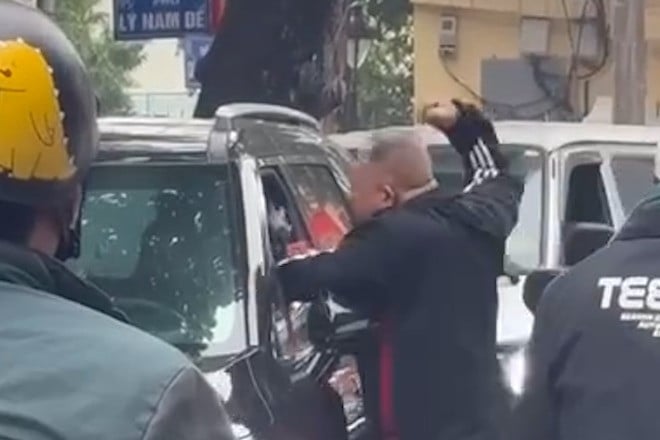

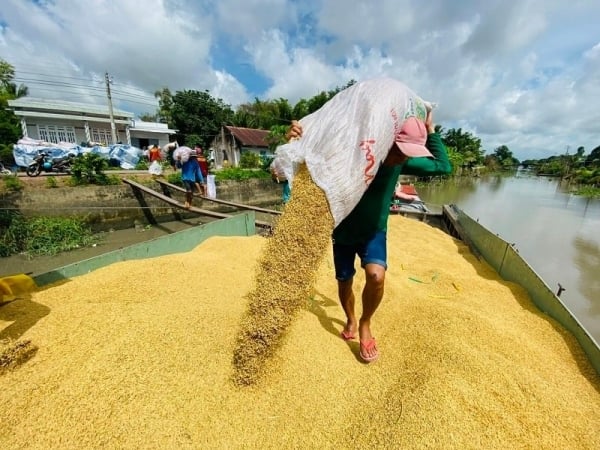

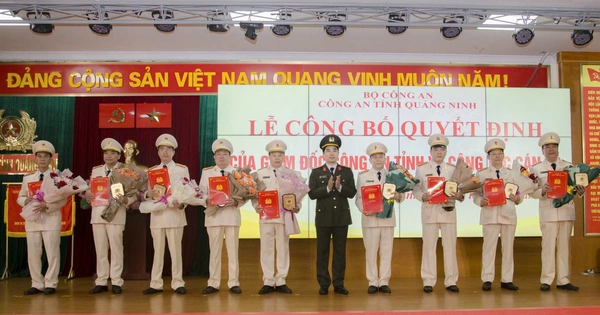

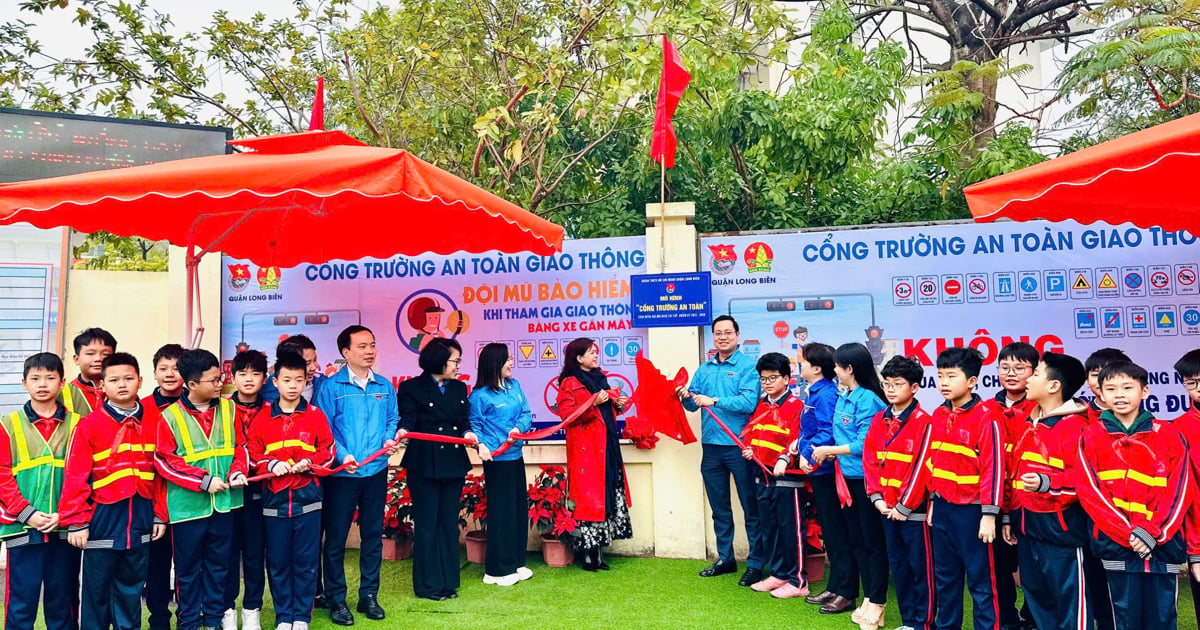

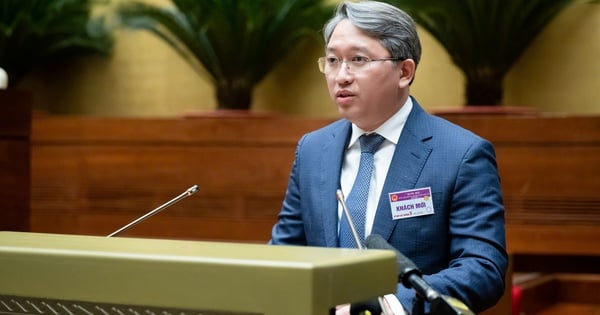
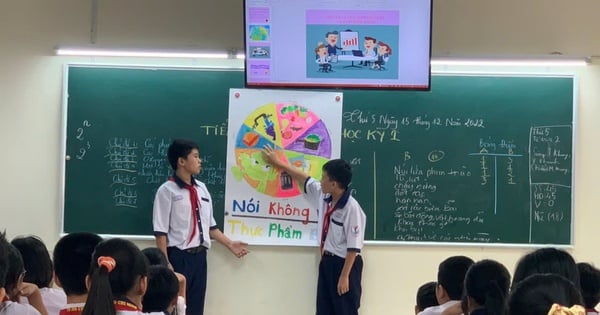
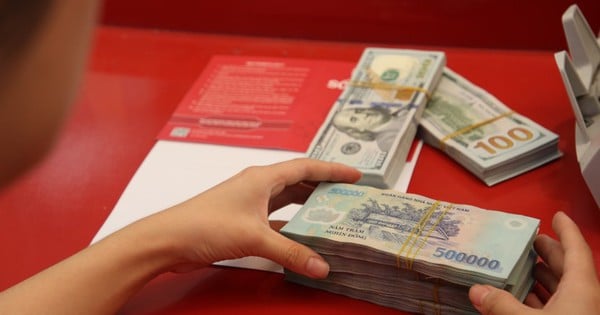
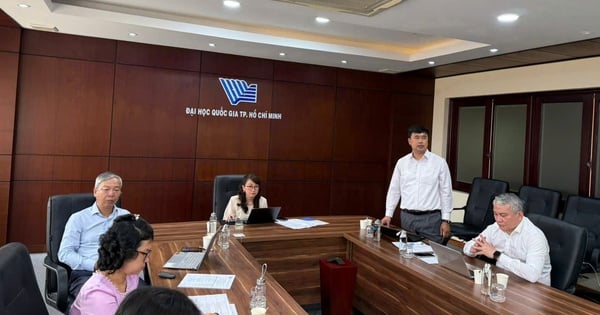
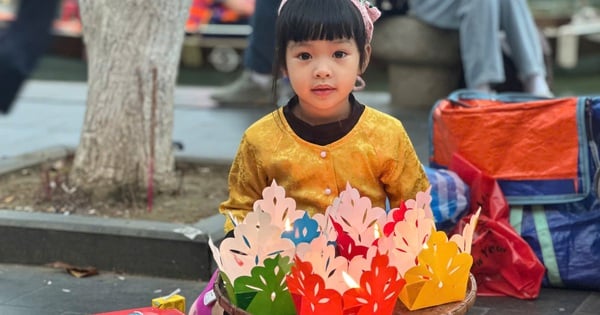


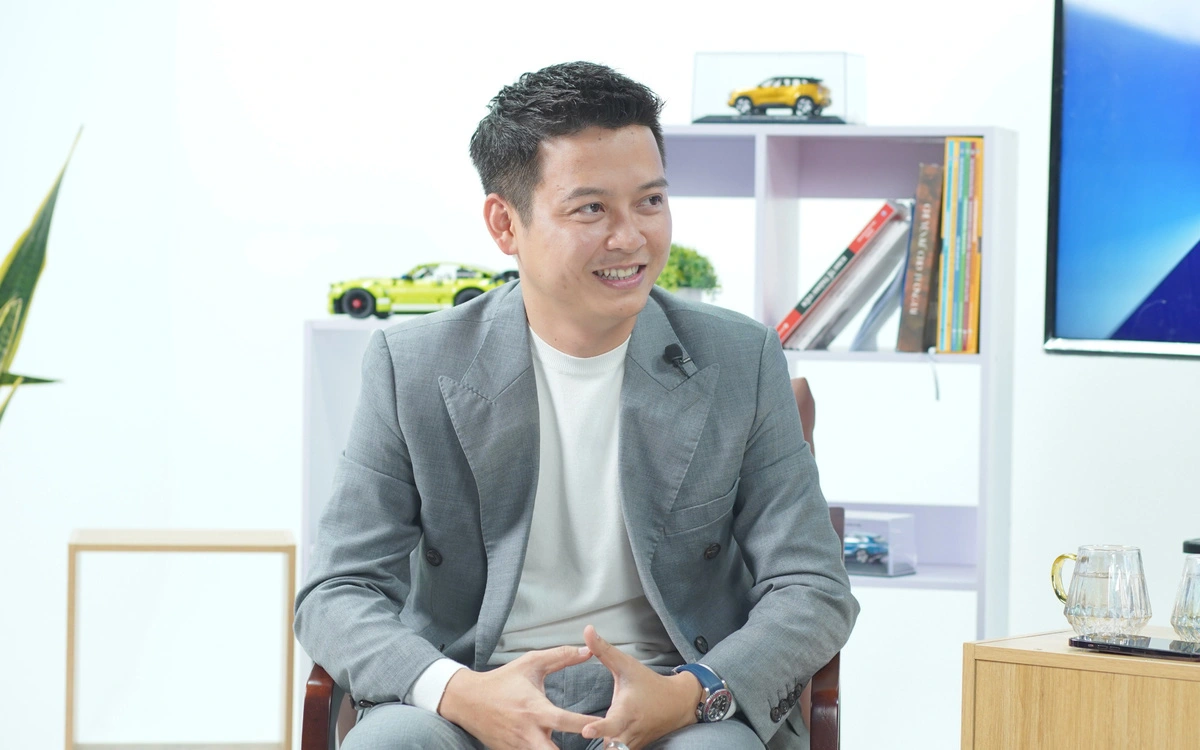

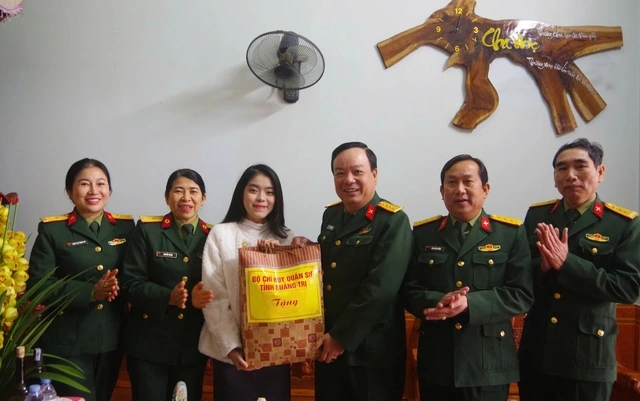

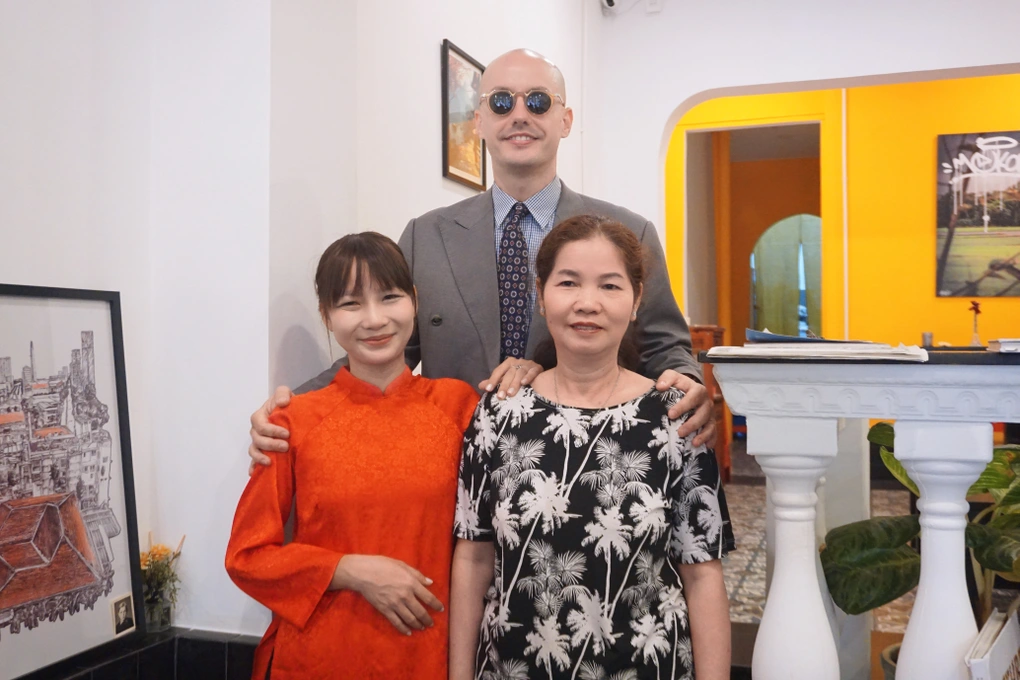

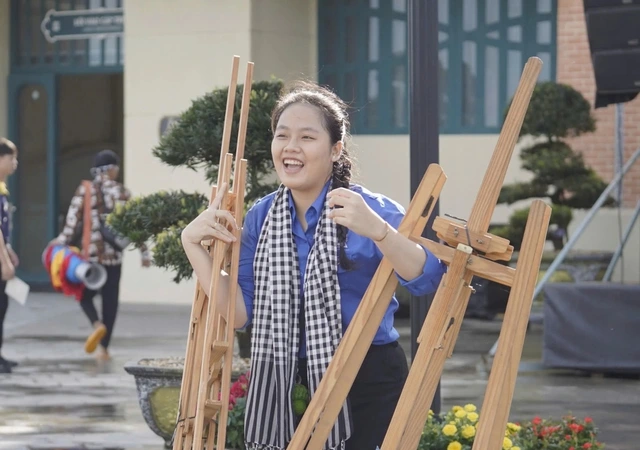






Comment (0)